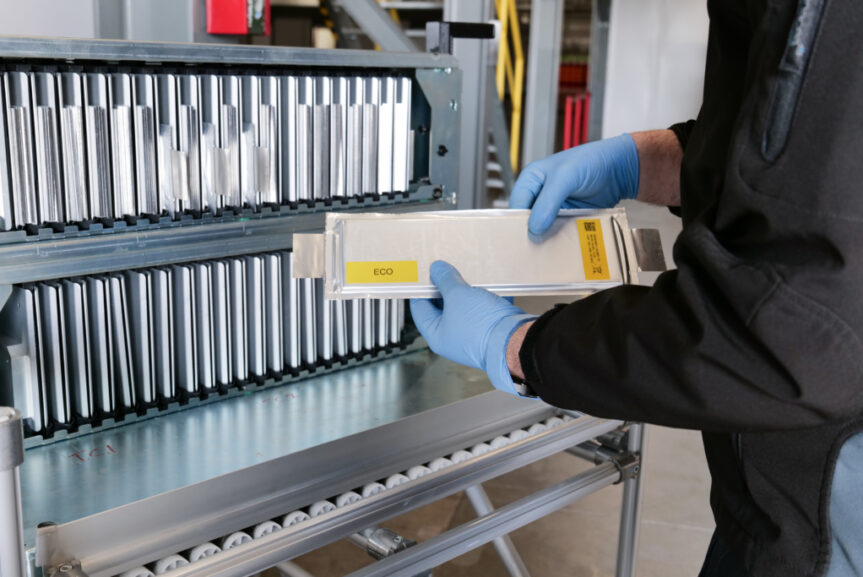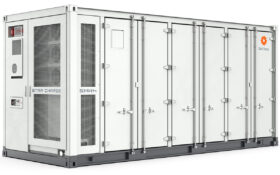China’s Ministry of Industry and Information Technology has announced that a revised national safety standard for electric vehicle (EV) batteries will come into effect on 1 July 2026.
The updated regulation, titled ‘Safety Requirements for Power Batteries Used in Electric Vehicles (GB38031-2025)’, is part of China’s ongoing efforts to enhance safety in its rapidly growing EV sector.
The new standard applies specifically to propulsion batteries used in electric vehicles and introduces several key updates. These include refined thermal diffusion testing protocols, with clearer specifications for temperature thresholds, observation durations, and vehicle testing conditions. A new bottom impact test has been added to evaluate battery protection against impacts to the base of the unit. Additionally, a post-fast-charging safety test has been introduced, requiring batteries to undergo external short circuit testing after 300 fast charge cycles, with no fire or explosion permitted.
One notable revision requires that batteries must not ignite or explode within two hours following a thermal event, and internal temperatures must remain below 60°C during that period. Industry sources indicate that both the European Union and the United States are aligned with this two-hour safety threshold and are expected to issue similar regulatory updates soon.
The industry has responded with cautious optimism to the announcement, recognising it as a critical move toward global regulatory alignment. Leading battery manufacturers and OEMs are closely evaluating the implications of the two-hour thermal event requirement and enhanced testing protocols. While many see the changes as a necessary step to improve consumer safety and trust, there are also calls for greater clarity on testing infrastructure and implementation timelines.












